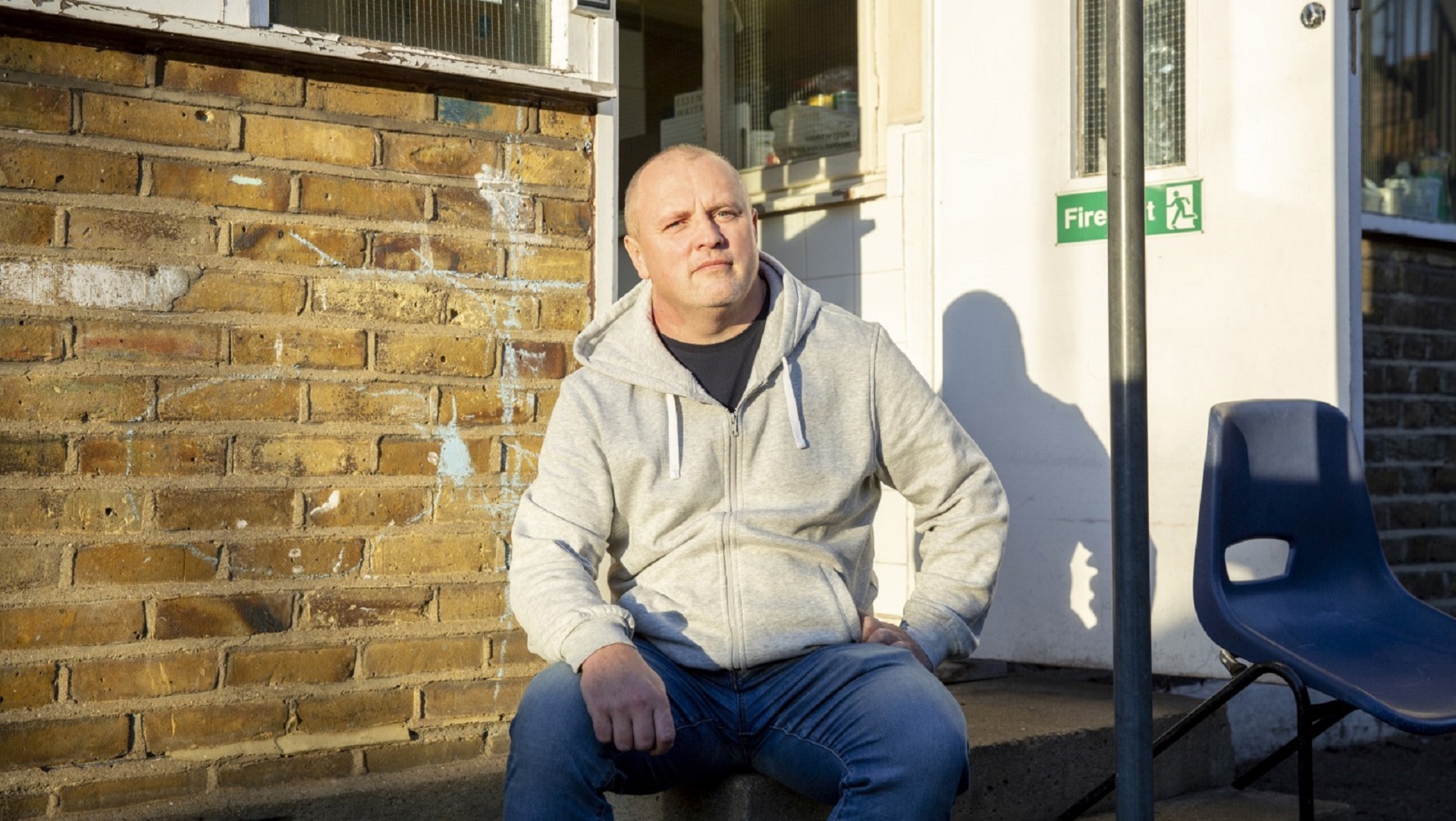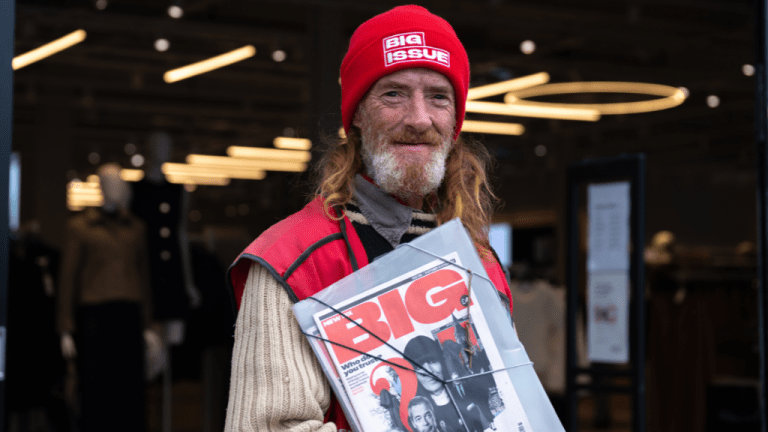The surge in homelessness predicted in the pandemic has started to become a reality with one in every 53 people living in London currently without a home.
Housing charity Shelter sounded the warning after finding 700 people are living on the street in the English capital every night, while nearly 168,000 people are without a permanent home, including 86,000 children.
Shelter chief executive Polly Neate said a feared rise in homelessness following the end of Covid-19 protections is now starting to manifest itself. The Big Issue’s Stop Mass Homelessness campaign has also called for action in recent months to prevent people losing their home.
“We predicted the pandemic would trigger a rising tide of evictions and our services are starting to see the reality of this now,” said Neate in a plea for donations to support the charity’s frontline workers. “We’re flooded with calls from families and people of all ages who are homeless or on the verge of losing their home.
“It is shameful that 170,000 people in London are without a home, and with Covid protections now gone thousands more will be joining them. A shoddy hostel room or a freezing cold doorway is no place to wake up on Christmas morning, but sadly so many people will.”
Shelter’s analysis of official rough sleeping figures and temporary accommodation statistics found many of the initiatives and schemes brought in to protect families during the pandemic have been phased out.









